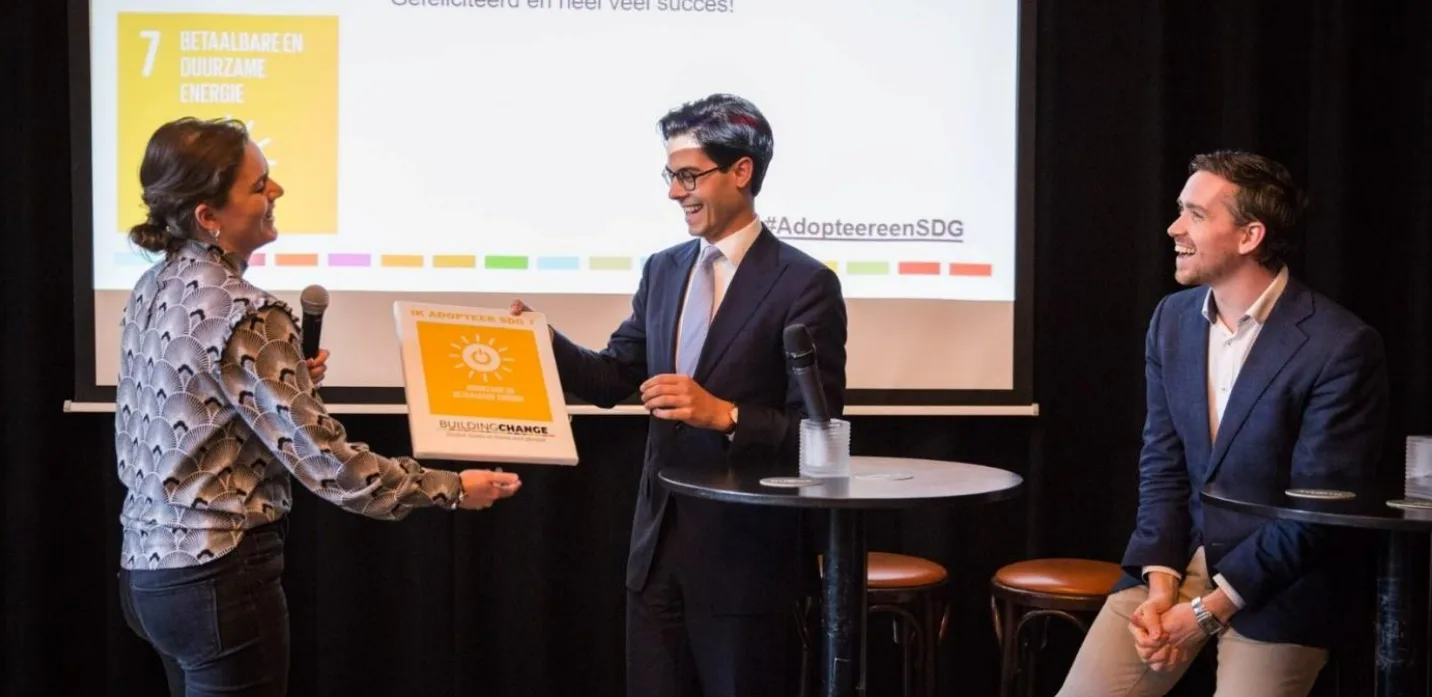FMS researcher Anne is in Ghana to talk about migration. Why do people want to migrate? How do they see their future? And what policy could be implemented to prevent irregular migration? Read her newest story here!
After weeks of planning I arrived in Ghana last Monday night. My research could finally start. This week, Accra hosted the second African Youth SDGs Summit. A great chance for me to talk with some young people from all over the African continent!
The SDGs Summit
After walking just 20 minutes, in tropical heat, I arrived a bit late to the Summit, hoping that most of the queue would have been gone. Bad luck. The line was horrible, no shadow anywhere near, but lots of interesting people to talk to! When finally inside, I got to see how big the Summit was. About 1.000 young people from all over Africa came together in Accra to talk about the SDGs. But mainly: to come into action. Because one thing everyone I talked to shared was that they are tired of all the talking. We need action!
However, much of the summit consisted of talking. There were many interesting panels on all the SDGs, workshop, lectures, lots of dancing when we had to wait, and many organisations present to talk about their work in Africa. But the one thing that stood out to me where the people. During breaks, people tried to find out what everyone else was doing with regard to the SDGs and how they can stay in touch to cooperate and make it happen. Really inspiring!
Dreams and ambitions
Let me introduce some of these young people I talked to. Emmanuel, from Cape Coast, is a teacher assistant at the University of Cape Coast. He came to this conference, because he thinks it’s good to keep learning and to get inspired by others. When I talked to him about migration, he asked his friend, “Do you want to go to Europe?” Of course, he wanted to go! But on an airplane and legally, not over land and sea, because “then you die”.
Others, like Geraldo, talked about their invitations to attend summits, like the one I was visiting, in the Netherlands, Germany, or other European countries. The one thing many had in common: they wanted to go but were not able to. Their visas were declined. Other people told me their personal connection to Ghana was not very strong in general. So if they would have been able to participate in these conferences in Europe, they might not have returned to Ghana afterwards.
For me this was very confronting. I kind of felt ashamed that it was so easy for me to get a visa to visit Ghana. I had to fill in a form online, get an invitation letter from someone in Ghana and then had to go to the Embassy twice, to turn everything in and to pick up my passport with the visa.
The coming three weeks I want to find out why all these young people, when they are so inspired and ready to come into action to make lives in their countries better, want to leave their country at the same time. Stay updated on my travel stories and research outcomes through our online magazine: ‘Migration: African Perspectives’




